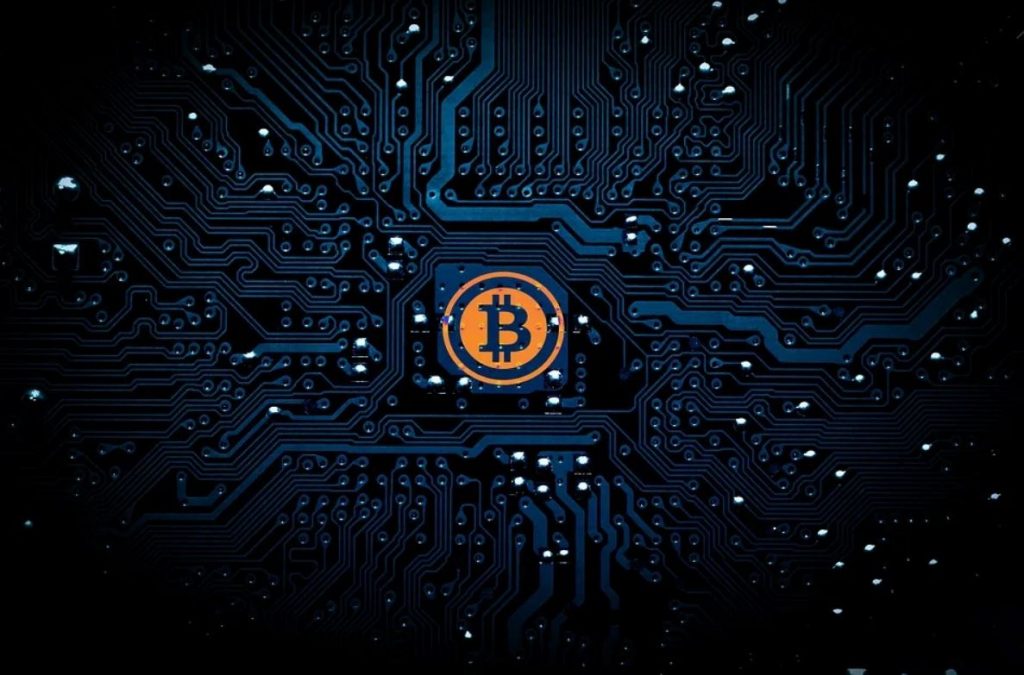 TheTechMedia.com/wp-content/uploads/2020/09/bitcoin-crypto-new-image-the-tech-portal-300×198.jpg 300w, https://TheTechMedia.com/wp-content/uploads/2020/09/bitcoin-crypto-new-image-the-tech-portal-768×507.jpg 768w, https://TheTechMedia.com/wp-content/uploads/2020/09/bitcoin-crypto-new-image-the-tech-portal-800×528.jpg 800w, https://TheTechMedia.com/wp-content/uploads/2020/09/bitcoin-crypto-new-image-the-tech-portal-1160×765.jpg 1160w, https://TheTechMedia.com/wp-content/uploads/2020/09/bitcoin-crypto-new-image-the-tech-portal.jpg 1187w” sizes=”(max-width: 1024px) 100vw, 1024px”>
TheTechMedia.com/wp-content/uploads/2020/09/bitcoin-crypto-new-image-the-tech-portal-300×198.jpg 300w, https://TheTechMedia.com/wp-content/uploads/2020/09/bitcoin-crypto-new-image-the-tech-portal-768×507.jpg 768w, https://TheTechMedia.com/wp-content/uploads/2020/09/bitcoin-crypto-new-image-the-tech-portal-800×528.jpg 800w, https://TheTechMedia.com/wp-content/uploads/2020/09/bitcoin-crypto-new-image-the-tech-portal-1160×765.jpg 1160w, https://TheTechMedia.com/wp-content/uploads/2020/09/bitcoin-crypto-new-image-the-tech-portal.jpg 1187w” sizes=”(max-width: 1024px) 100vw, 1024px”>In June, El Salvador president Nayib Bukele had announced his ingenious plan of adopting Bitcoin, the popular cryptocurrency, as legal tender, and to prove that it was no joke, passed the Bitcoin law which elevated the status of the “cryptocurrency of the future” into the legal tender of the Central American country. This law is effective today, making El Salvador the first country in the world to adopt Bitcoin as legal tender.
Undoubtedly, this will be a litmus test for Bitcoin as both its supporters and critics will be waiting to see whether this move is the answer to El Salvador’s financial woes.
Coming on the heels of this news is the very first purchase of Bitcoin in the country, as the government bought 200 BTC on Monday and plans to buy “a lot more,” according to President Bukele’s tweets. Soon after, the government bought an additional 200 Bitcoin at a market value of about $20 million at current prices, taking the total amount of cryptocurrency held by the government to 400 Bitcoin.
One of the chief motivators behind Bukele’s innovative idea is the fact that El Salvador depends much on remittances from citizens living abroad. In fact, remittances to El Salvador in 2020 came to almost $6 billion, or 23% of its gross domestic product (GDP). This move aims the citizens of the country to save on $400 million which is spent annually in commissions for remittances.
In order to facilitate the move to Bitcoin, the government has made it mandatory for businesses to accept Bitcoin in exchange for goods and services, and the government will accept it for tax payments. There are incentives offered to use Bitcoin as well – if you have a Salvadorian national ID number and use the government’s Bitcoin wallet Chivo then you will get an additional $30 worth of the cryptocurrency. In June, the government had also said that it would be offering citizenship and permanent residence for crypto entrepreneurs.
To supplement the shift to Bitcoin, the government has been working on the installation of Bitcoin ATMs across the country that can be used to exchange the cryptocurrency for US dollars. So far, 200 ATMs have been installed. A $150 million fund has also been set up by the Finance Ministry at the state-run bank Banco de Desarrollo de la Republica de El Salvador, Bandesal, in order to back the transactions.
Whether this ambitious move will achieve Bukele’s dream and transform the lives of the Salvadorians for the better remains to be seen, especially when the volatile nature of Bitcoin is a factor in play. Using the popular cryptocurrency as legal tender is bound to increase regulatory and financial risks for financial institutions, but then again, the bigger the risks, the bigger are the rewards.











